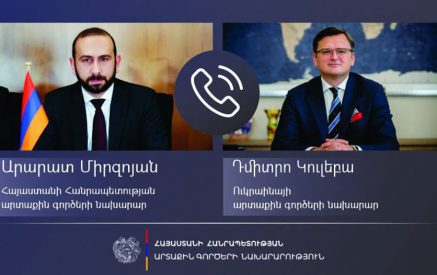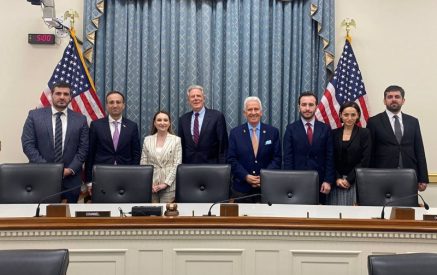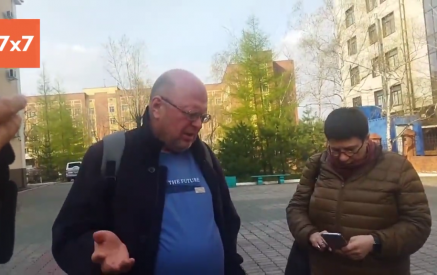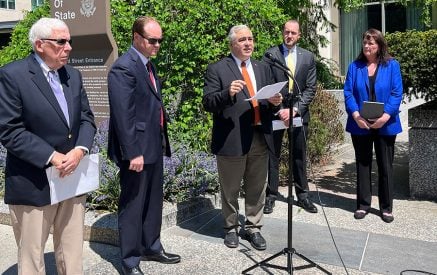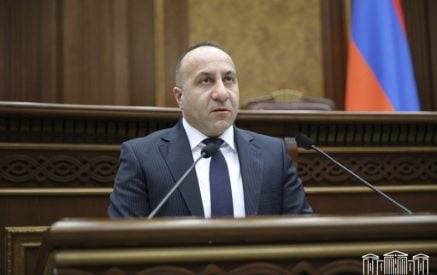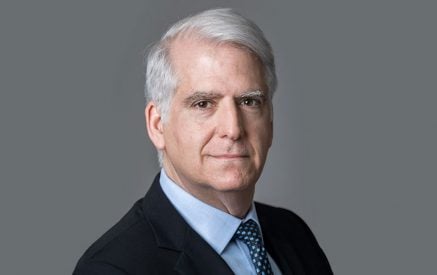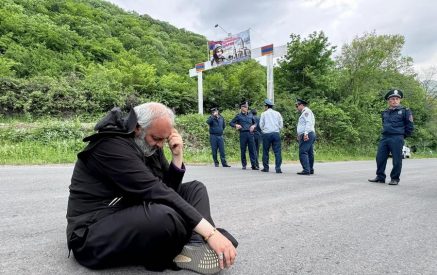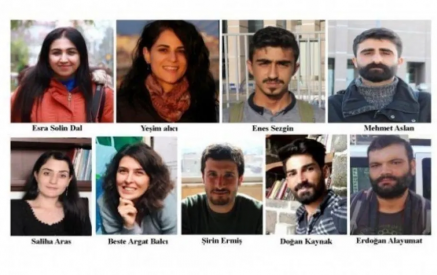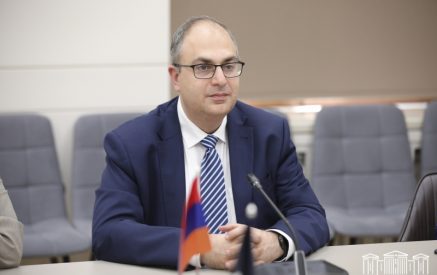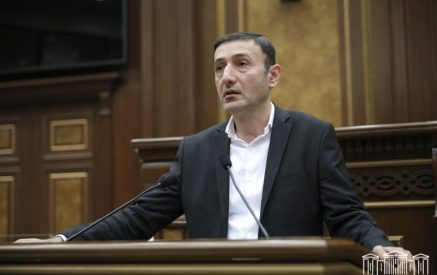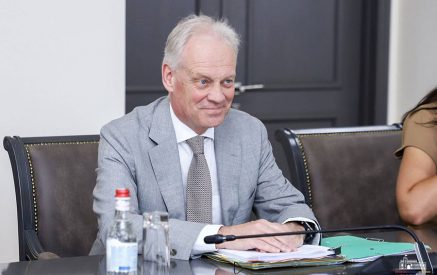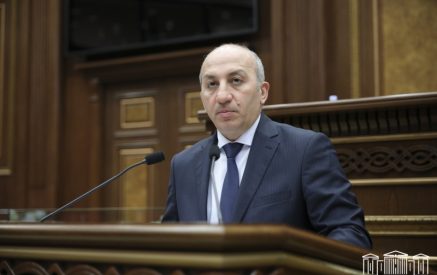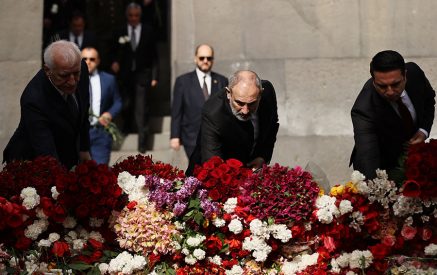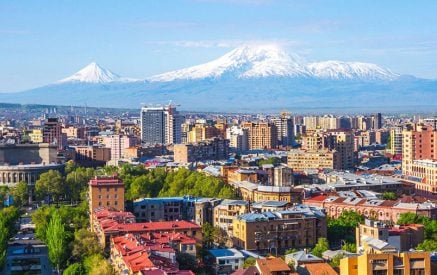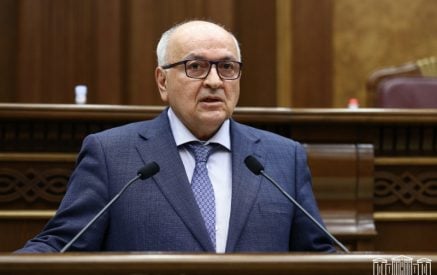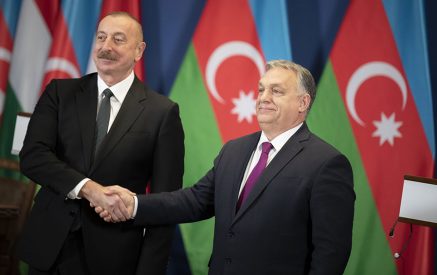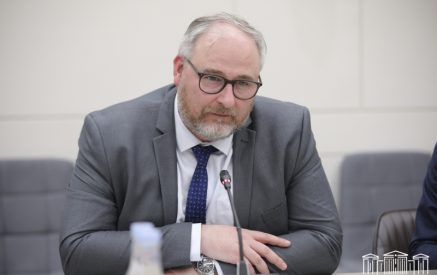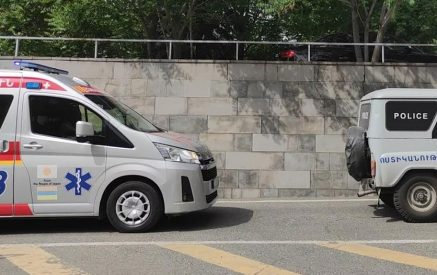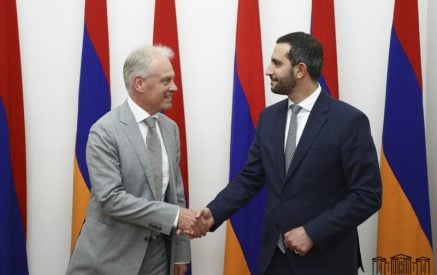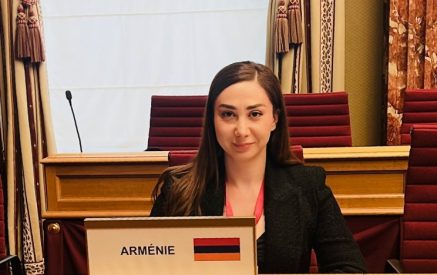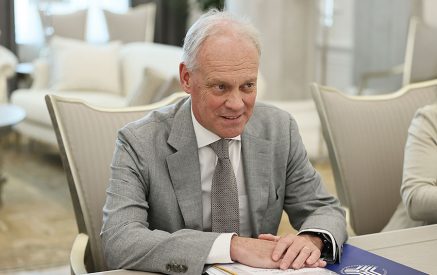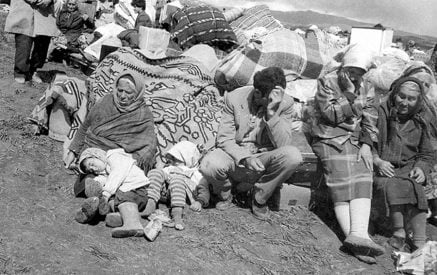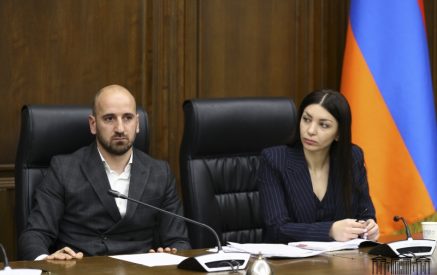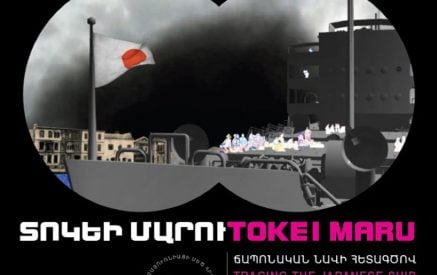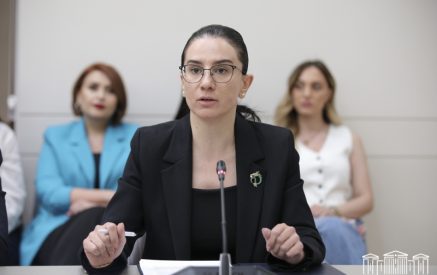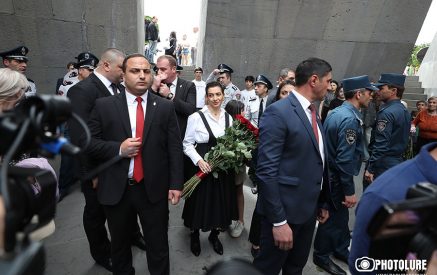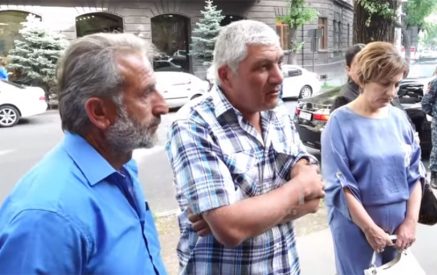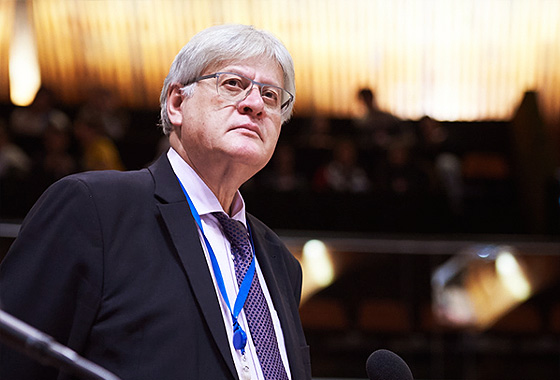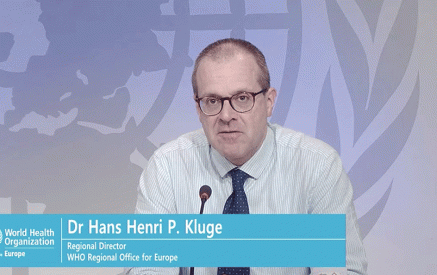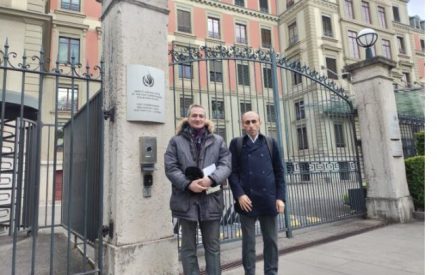Beating Covid-19 with public health measures
The governments and parliaments in Council of Europe member States and worldwide must make a paradigm shift to “beating Covid-19 with public health measures, in a human-rights compliant way, once and for all,” according to PACE, meeting today in plenary session in Strasbourg.
The parliamentarians believe that the Covid-19 pandemic – which has already killed more than 5.5 million people according to the WHO – is far from over. “This is much more than a health crisis, as it affects societies and economies at their core with the increase of poverty and growing inequalities,” they said in an urgent debate.
The resolution, adopted on the basis of the report by Stefan Schennach (Austria, SOC), stressed the urgency for all countries to learn the lessons of the pandemic so far, “starting with the implementation of the necessary public health and social measures to get it under control”, while ensuring that decisions are made and communicated in a transparent manner, are evidence based, fulfil a legitimate aim and are proportionate.
Read also
With a view to preventing the spread of the virus without having to shut down large parts of society, PACE encouraged “vaccination, mask wearing, maintaining physical distancing, hand hygiene, avoiding crowded and closed spaces, and ensuring proper ventilation in schools”.
To respond quickly to rising infection rates, it recommended developing production capacity and distribution of high-quality masks (progressively moving to FFP2 masks if possible), considering mandating their use in high-risk situations (such as on public transport, in crowded spaces inside and outside, and in schools); and making Covid-19 testing available free of charge, in particular for health care workers, children, and school personnel.
In order to break infection chains, PACE recommended putting in place contact-tracing systems and mandating a sufficiently long isolation period for those infected, and a sufficiently long quarantine for contact cases. In order to shield highly vulnerable persons from infection, it proposed to “legislate for vaccination mandates for healthcare or social-care personnel in contact with them”.
PACE called on States to start a public debate on “possibly legislating for vaccination mandates for specific groups or the general population”, while keeping records of vaccination side effects – such vaccination mandate should not cover children until the complete safety of all vaccines made available to children is ensured.
Furthermore, the adopted text calls for “the mutual recognition of vaccination certificates issued by Council of Europe member States, as well as vaccination certificates of all WHO-authorised vaccines.”
The Assembly also made recommendations with regard to global equitable distribution of vaccines and treatments, to addressing “long Covid”, to building stronger health systems, and to addressing the socio-economic issues caused by the pandemic.
PACE stressed the importance of avoiding the politicisation of pandemics and public health measures and of taking effective measures to counter misinformation, disinformation and hesitancy regarding Covid vaccines.
Finally, the Assembly recommended that the Committee of Ministers propose to the member States that they support reform of the WHO and the drafting of a convention, agreement or other international instrument under its Constitution to strengthen pandemic prevention, preparedness and response.

